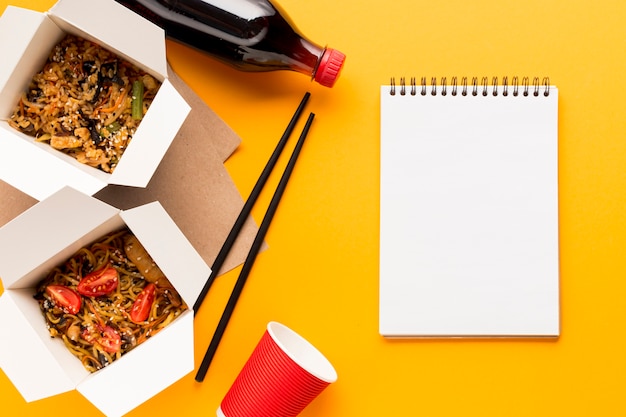

I’m preparing dinner for my kids while they’re in the other room doing their homework. I’m chopping vegetables, making a peanut butter sauce, frying tofu, and stirring rice all at once. Multitasking isn’t my strength, and managing all these tasks is really stressful.
One of my children asks for a drink, and I feel a wave of frustration. Can’t they see I’m busy? I let out a sigh and, a bit irritably, tell them, “I just put the juice back in the fridge! Can’t you wait two minutes?” This upsets my child, adding another worry to my list. I feel not only annoyed but also disappointed in myself for showing my irritation. My original stress has now multiplied.
As I continue making dinner, I notice the building stress in my body. I realize that my thoughts are tense and that emotionally, I’m being harsh on myself, almost getting angry at everything. Recognizing this suffering is simply an observation, not a judgement. It’s normal to feel this way sometimes, and that’s okay.
Turning my awareness to my body, I can feel a painful knot of tension in my midsection. This is where my stress is manifesting, trying to get my attention. I try to be tender with myself, much like I would be with my children when feeling particularly loving.
I tell myself, “I know this is hard for you. I want you to know that I love you and want you to be happy.” This whole process takes just a few seconds, and I’m still chopping and stirring while doing it.
When my child asks for juice again, I kindly let them know I’m in the middle of something and it’ll just be a minute. I realize that part of my stress is due to being overwhelmed with tasks while I’m tired and maybe low on blood sugar. This realization is a relief; it’s not that the world is terrible, my kids are difficult, or I’m failing as a parent. It’s just the physical strain of handling a complex task while tired and hungry.
Continuing to cook, I feel more supported and cherished. The kindness I show myself even impacts how I cook; I start enjoying the colors, textures, and smells of the food. This positive attitude extends to my children, who can sense the loving connection between us. I get them their juice a few minutes later.
Being mindful of our feelings creates a “sacred pause” that prevents us from reacting with anger, judgement, or blame. It allows us to observe what’s happening without adding more suffering. This pause also opens up space for more creative and kind responses. It helps us relate to our suffering parts with patience and compassion, thereby supporting ourselves empathetically. When we treat ourselves with kindness, we’re likelier to respond to others in the same way.
This sacred pause helps us reframe our experiences (recognizing irritability as a physiological reaction rather than a personal failing or sign of a bad world). Practicing self-compassion isn’t always easy, but the steps are simple once you remember them. Imagining or recalling stressful situations allows you to practice these steps in a safe environment, making it more likely that you’ll respond with compassion and kindness in real situations.
Self-compassion is incredibly powerful. Remembering and practicing these steps can help us handle stress better and support ourselves and others with more kindness.